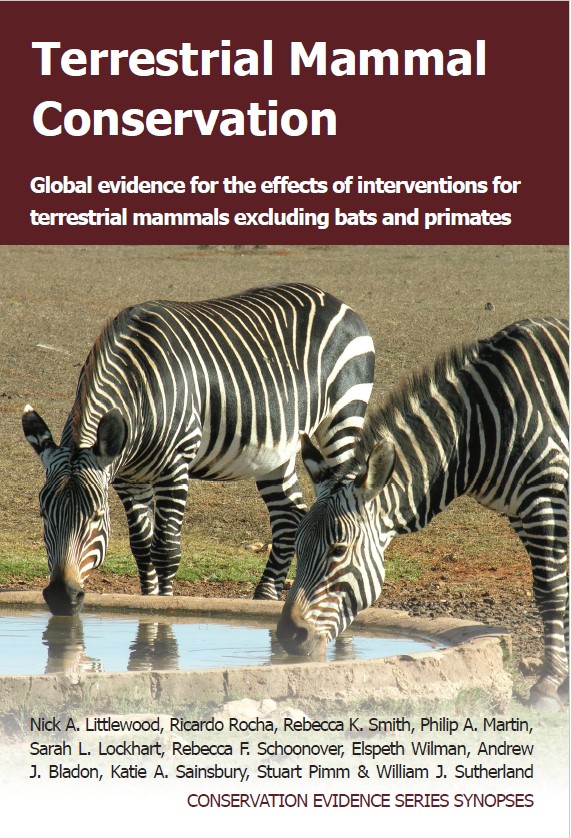Keep livestock in enclosures to reduce predation by mammals to reduce human-wildlife conflict
-
Overall effectiveness category Likely to be beneficial
-
Number of studies: 1
View assessment score
Hide assessment score
How is the evidence assessed?
-
Effectiveness
70% -
Certainty
50% -
Harms
0%
Study locations
Supporting evidence from individual studies
A replicated, site comparison study in 2012–2014 of 68 cattle farms in a mountainous region dominated by agricultural land, forests and shrubs in northern Portugal (Pimenta et al. 2017) found that farms that often kept cattle in barns or enclosures suffered fewer wolf Canis lupus attacks than did farms with free-ranging cattle. The average annual number of wolf attacks was lower on farms that often confined cattle (2.4 attacks/year) than on farms with free-ranging cattle (9.0 attacks/year). Eighteen farms suffered no wolf attacks, 42 had 1–9 wolf attacks and eight had >9 wolf attacks. The study was conducted in an area of approximately 20,000 km2. Semi-structured interviews were conducted in 2013–2014 with 68 cattle farmers reporting high or low levels of wolf-attacks during 2012–2013. Interview responses were used to classify farms as those that often confined cattle within fences or in barns year-round, or those using a free-ranging system, in which animals were rarely confined with fences or in barns (except at night during winter).
Study and other actions tested
Where has this evidence come from?
List of journals searched by synopsis
All the journals searched for all synopses
This Action forms part of the Action Synopsis:
Terrestrial Mammal Conservation
Terrestrial Mammal Conservation - Published 2020
Terrestrial Mammal Conservation





)_2023.JPG)














